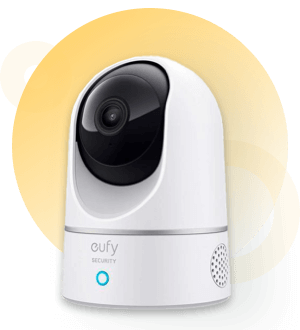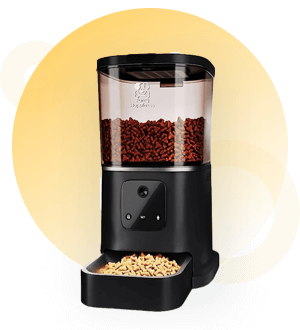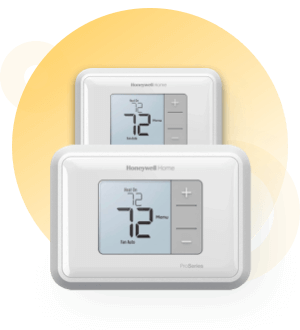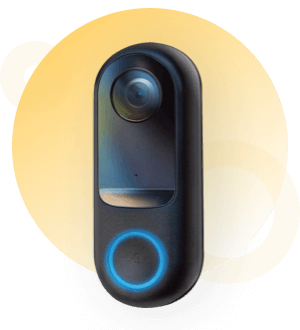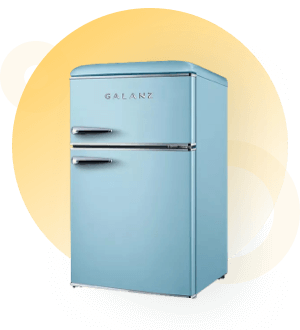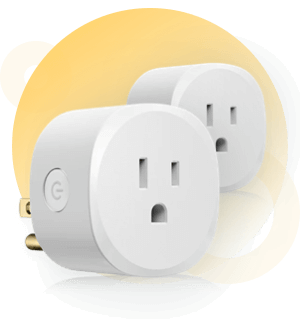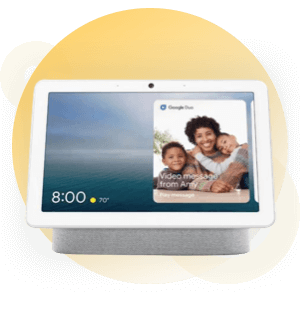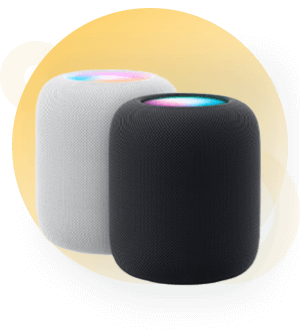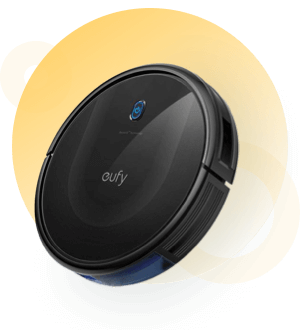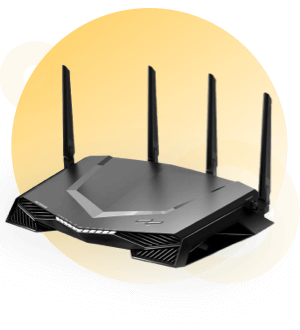In this day and age, we are constantly surrounded and influenced by the ever-advancing realm of technology. Smart homes especially have been rising in popularity over the last few years, with more and more people opting to integrate their living space with various cutting edge technology. But what will our “smart home” future look like in just a couple years? How will our lives be impacted by advances in home automation? In this blog post, we’re going to dive into what smart homes might look like in the future! Read on as we speculate about all that modern living has to offer us ; you might even find yourself inspired by the possibilities.
What is the future of smart home technology?
Smart home technology is expected to become more ubiquitous and accessible in the next few years. In a few years, it’s likely that much of the technology will be integrated into everyday activities and part of people’s lives more than ever before. Smart homes may incorporate voice assistants such as Alexa or Google Home to control devices, as well as a wide variety of sensors, cameras, and other technology.
One of the most interesting aspects of smart home technology will be its ability to connect with the outside world and provide users with real-time data. This could include tracking energy usage, providing security alerts if something out of the ordinary is happening in or around your home, or even providing weather information that can help you decide whether to go out or stay in.
Another progressive trend that is likely to emerge in the future of smart home technology is the use of artificial intelligence (AI) and machine learning algorithms. These algorithms will enable devices to learn from user behaviors and habits, adjust settings accordingly, and offer personalized recommendations based on these preferences. AI-enabled devices can also become smarter over time, allowing them to automate mundane tasks such as turning off lights when a room is not in use or automatically adjusting air-conditioning levels based on the time of day.
In addition, smart home technology may be used to improve the quality of life for those who live with disabilities or special needs. For example, automated systems that can help individuals with limited mobility get around their homes, or voice-controlled systems that can help individuals with hearing impairments communicate better.
In the future, smart home technology will no doubt continue to evolve and become more advanced.
How can homeowners use smart home technology to make their lives easier?
Smart home technology has revolutionized the way we live our lives, making it easier and more convenient. From controlling the lights to utilizing home entertainment systems and managing the temperature, smart home technology allows homeowners to automate various aspects of their homes. AI-powered devices can learn your preferences and adjust accordingly, ultimately saving you time and energy. With the ability to control devices from anywhere with an internet connection, homeowners can rest assured that their home is secure and operating efficiently, even when they are away. Smart home technology is no longer a luxury but instead a necessity for anyone looking to make their lives simpler.
What are some of the next-level features that will be available for smart homes?
Smart homes are becoming increasingly sophisticated, with a range of features available that were once derived from science fiction. From voice-activated assistants to smart thermostats, there are plenty of ways to make your home work smarter. But what are some of the next-level features that we can expect to see in the near future? One exciting area is smart security, with homes becoming more secure through the introduction of facial recognition, automatic locks, and remote surveillance. Another is the rise of smart lighting, which can be programmed to change color and intensity throughout the day, helping to improve wellbeing and productivity. And with the Internet of Things continuing to grow, it’s likely that we’ll see even more integration between different devices in the smart home ecosystem. The possibilities are truly boundless.
What kind of devices can be connected to a smart home?
The advancements in technology have led to the invention of smart homes, where you can control your home appliances and devices with just a swipe of a finger. Smart homes can accommodate a wide range of devices, including lights, thermostats, security systems, door locks, cameras, speakers, and smart TVs. These devices can be controlled through a smartphone app or a digital assistant, making your life more convenient and comfortable. Not only do smart homes provide you with the ease of mind, but they also save you money by being energy efficient. With the ability to connect multiple devices, a smart home is the way of the future.
What kind of investments do homeowners need to make to get started with a smart home?
As technology advances, more and more homeowners are curious about creating a smart home. A smart home can bring convenience, energy efficiency, and connectivity to everyday life. However, creating a smart home involves investing in certain technologies and equipment. At the very least, homeowners need to purchase a smart home hub, as this device acts as the brain of the operation. From there, homeowners can invest in smart thermostats, smart lighting, and smart security systems. These investments can save homeowners money on utilities, make their homes more secure, and provide a more streamlined and connected way of living.
Smart home technology is revolutionizing our daily lives
Smart home technology is revolutionizing our daily lives, offering features and devices that streamline our routines. We can expect to see even more advancements like voice commands and automated tasks. But with this progress comes the need for strong security measures to protect our connected homes. The investment in smart home tech can vary based on your needs, but the rapid development of this field promises exciting possibilities. From customizable open-source platforms to AI voice-controlled assistants, the future of home automation is limitless. There’s never been a better time to transform your home into a connected ecosystem. Join the smart home revolution now!
